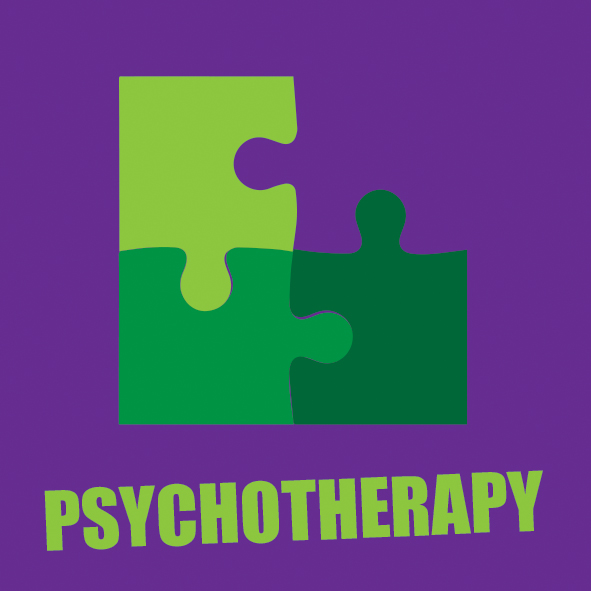Understanding Parental Mental Health
Explore the causes, symptoms and long term affects of parental mental health issues and strategies for working with parents and carers.
Any activity can be impacted by mental health, and parenting is no exception.
Parental mental ill health is one of the ‘toxic trio’ of conditions that exist in the majority of child protection and safeguarding referrals (the other two being parental substance abuse and domestic violence).
It can significantly impact on an individuals’ motivation and capacity to meet the needs of their child; it can also impact their ability to perceive possible risks to the child, leaving the child in danger.
This training examines the range and severity of common conditions and explores helpful approaches to those who may experience difficulties.
By the end of the day, participants will have:
- Explored the latest knowledge base around major mental illnesses, including presentation, diagnostic criteria, causes, treatment and prognosis (long medium and short term)
- An overview of other mental disorders including personality disorders, presentation, diagnostic criteria, causes (e.g. impact of complex trauma, early abuse, neglect, etc.), treatment and prognosis (long, medium, and short term)
- Considered issues around dual diagnosis, including assessment and treatment
- Examined the impact that particular mental health conditions may have on a person and their ability to parent a child
- Understood the impact on children living with a mentally ill or mentally disordered parent and how this may vary depending on age of child at onset, severity, stability of symptoms, type of condition, longevity of condition, other factors
More Headsight courses which might interest you…
Managing stress and anxiety
Feelings of stress and anxiety can often be overwhelming. This course explores the internal and external factors involved in the development of stress.
Compassion fatigue and secondary trauma
Secondary trauma, also known as ‘compassion fatigue’, can lead to an erosion in your ability to feel empathy. This course will help you recover.
Developing a PACE informed approach
Playfulness, Acceptance, Curiosity and Empathy (PACE) is a therapeutic approach which can work wonders with children and young people.
Did you know?
We also offer a wide range of therapeutic approaches, including many of the methods we teach in our courses.



